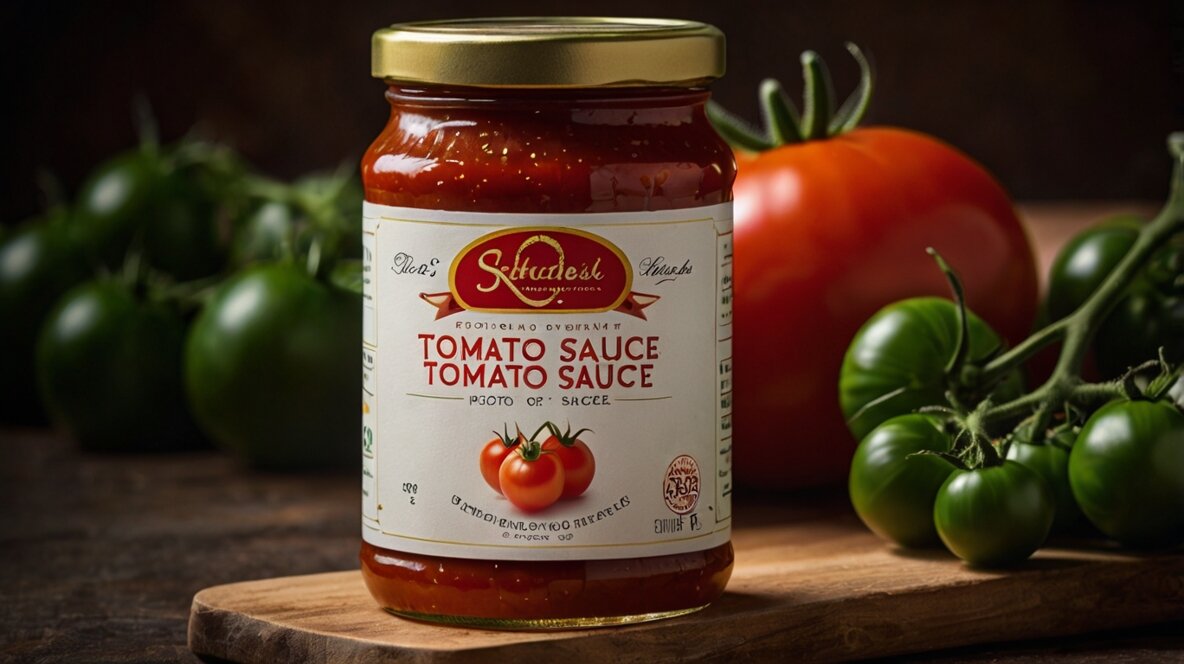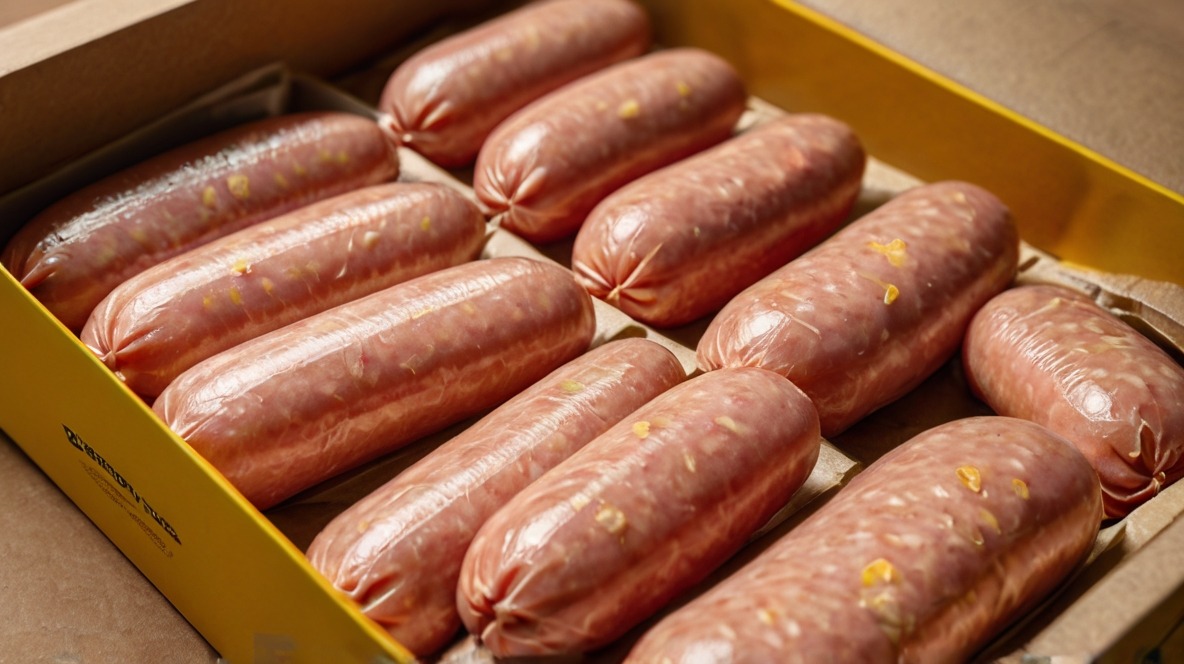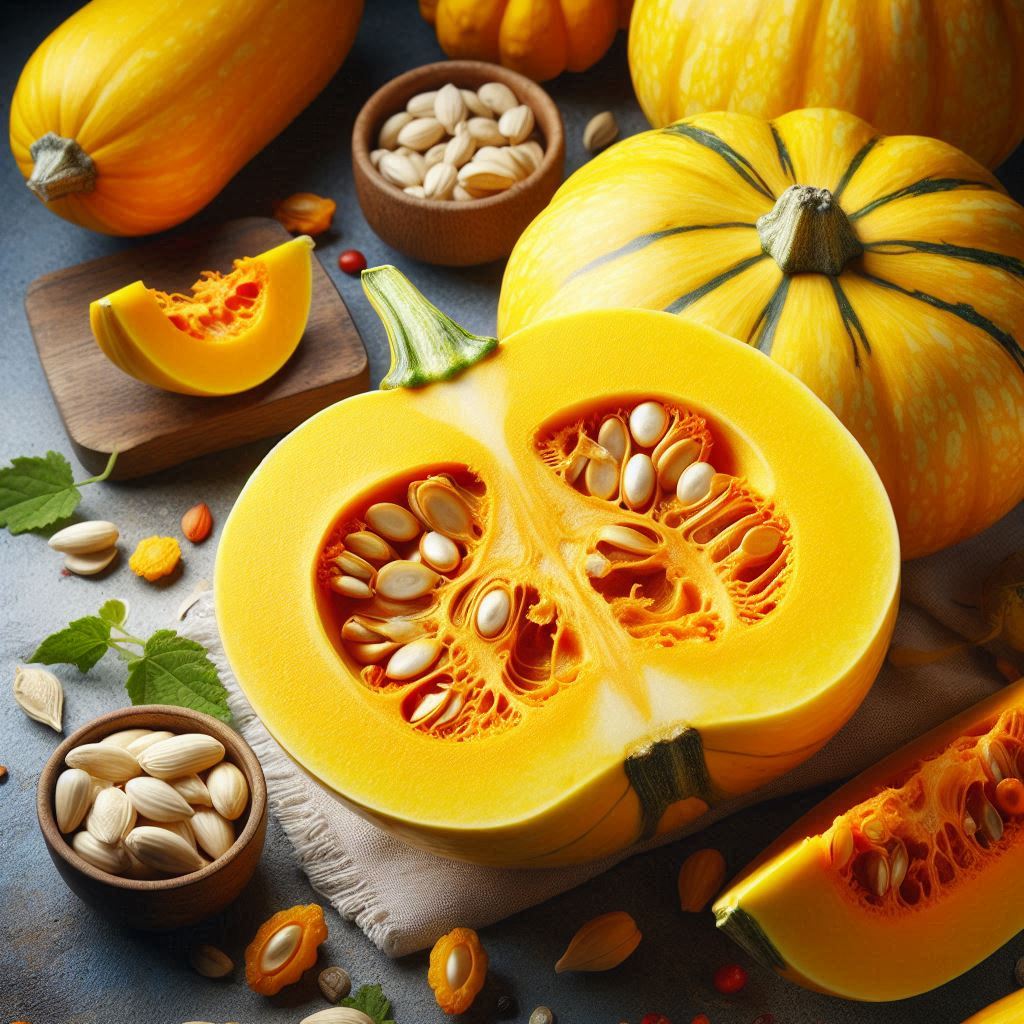Table of Contents
As cat owners, Can cats have tomato sauce? we often find ourselves wondering about the safety of various foods when it comes to our feline friends. One common question is: can cats have tomato sauce? While tomatoes are a staple in many human diets, the relationship between cats and tomato sauce is not straightforward. In this article, we will explore the potential risks and benefits of feeding tomato sauce to cats, offer expert tips for responsible feeding, and answer some frequently asked questions to ensure you make informed choices for your pet’s diet.
Understanding of Cats Have Tomato Sauce
Tomato sauce is a popular condiment made primarily from tomatoes, often seasoned with spices, herbs, and other ingredients. While tomatoes themselves belong to the nightshade family, which can be toxic to some animals, the potential effects of tomato sauce on cats can vary based on the ingredients and the amount consumed.
Are Tomatoes Safe for Cats?
Fresh tomatoes are technically safe for cats in small amounts. However, they contain a compound called solanine, which can be harmful if consumed in large quantities. In unripe tomatoes and the green parts of the plant, solanine levels are higher. Ripe tomatoes have significantly lower levels, making them safer for cats. However, since tomato sauce often contains additional ingredients such as onions, garlic, and spices, these can pose a greater risk to your cat’s health.
Ingredients in Tomato Sauce to Watch Out For
- Onions and Garlic: Both of these ingredients are toxic to cats. They can cause gastrointestinal upset and potentially damage red blood cells. Even small amounts can be harmful.
- Sugar and Salt: Some tomato sauces contain high levels of sugar and salt, which are not suitable for cats. Excessive sugar can lead to obesity and diabetes, while too much salt can cause dehydration and kidney problems.
- Spices and Seasonings: Many tomato sauces are flavored with spices that can be irritating to a cat’s digestive system. It’s best to avoid sauces with unknown or excessive seasonings.
The Risks of Feeding Tomato Sauce to Cats
Potential Health Issues
While a small taste of plain tomato sauce may not harm your cat, regular consumption can lead to several health issues:
- Gastrointestinal Upset: Cats may experience vomiting, diarrhea, or abdominal discomfort after consuming tomato sauce, especially if it contains harmful ingredients.
- Toxicity: Regular exposure to toxic ingredients like onions and garlic can accumulate in a cat’s system, leading to more serious health problems.
- Weight Gain: High-calorie sauces can contribute to obesity, leading to diabetes and other related health conditions.
Expert Tips for Responsible Feeding Cats Have Tomato Sauce
1. Moderation is Key
If your cat sneaks a small lick of tomato sauce from your plate, it’s likely not a cause for immediate concern. However, make sure that any exposure is infrequent and minimal. Regular feeding of tomato sauce or other human foods can lead to dietary imbalances.
2. Opt for Plain Options
If you want to include tomatoes in your cat’s diet, consider offering a small amount of fresh, ripe tomatoes without any added ingredients. Always remove the stem and green parts, as they contain higher levels of solanine.
3. Consult Your Veterinarian
Before introducing any new food into your cat’s diet, it’s always best to consult your veterinarian. They can provide guidance based on your cat’s health, age, and dietary needs.
4. Read Labels Carefully
If you’re considering feeding your cat commercially prepared tomato sauce, read the ingredient list thoroughly. Avoid sauces with onions, garlic, and high levels of sugar or salt. Homemade sauces can be a safer option if you control the ingredients.
5. Monitor for Adverse Reactions
Always keep an eye on your cat after introducing any new food. Look for signs of gastrointestinal distress or allergic reactions. If you notice any concerning symptoms, contact your veterinarian immediately.
FAQs About Cats Have Tomato Sauce
Can cats eat spaghetti with tomato sauce?
Cats should not eat spaghetti with tomato sauce due to the potential presence of harmful ingredients. While pasta itself isn’t toxic to cats, the sauce can contain onions, garlic, and other spices that may cause health issues.
What if my cat accidentally eats tomato sauce?
If your cat accidentally consumes a small amount of tomato sauce, watch for any signs of distress, such as vomiting or diarrhea. If they show no symptoms, there’s generally no cause for concern. However, if you suspect they ate a large amount or if they display any symptoms, consult your veterinarian.
Can I make tomato sauce for my cat?
If you want to prepare a tomato-based treat for your cat, it’s best to stick to plain, ripe tomatoes without any additives. Cook them lightly to soften them, and serve them in very small portions.
Are there any benefits to feeding tomatoes to cats?
Tomatoes are rich in vitamins A and C, but cats are obligate carnivores, meaning their primary nutrient needs come from meat. While small amounts of tomatoes can provide some nutrients, they are not necessary for a cat’s diet.
How can I safely introduce new foods to my cat?
Introduce new foods gradually by mixing them with their regular food in small amounts. Monitor their response and ensure they tolerate the new addition before increasing the portion size.
Conclusion
In conclusion, while cats can have a small amount of tomato sauce, it’s important to be cautious about the ingredients and potential risks involved. Cats thrive on a diet primarily composed of meat, and human foods should only be given as an occasional treat. Always prioritize your cat’s health by consulting your veterinarian and being mindful of what you feed them. cats have tomato sauce. Remember, moderation is key, and when in doubt, stick to cat-approved foods for a happy, healthy feline companion!



